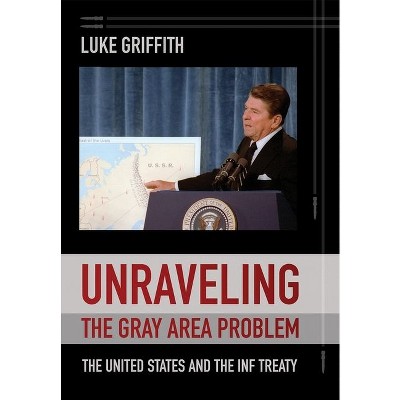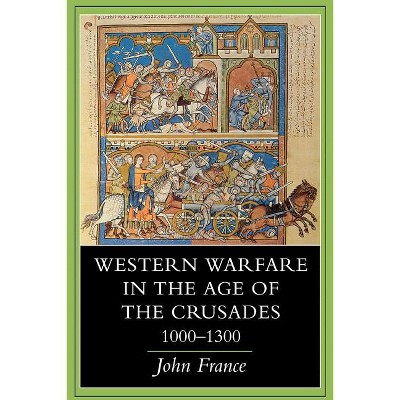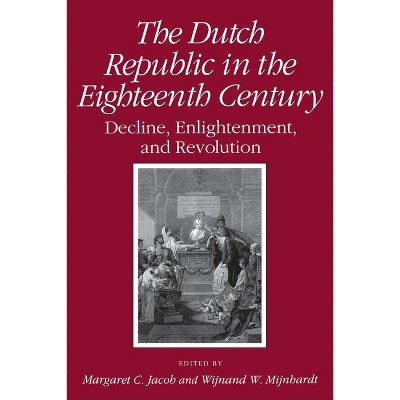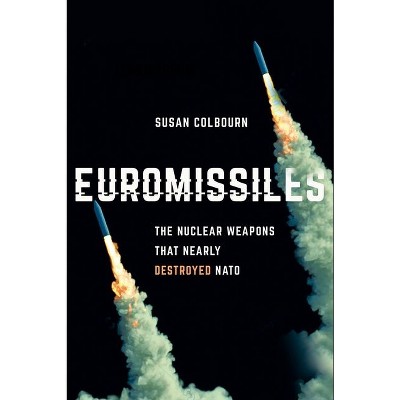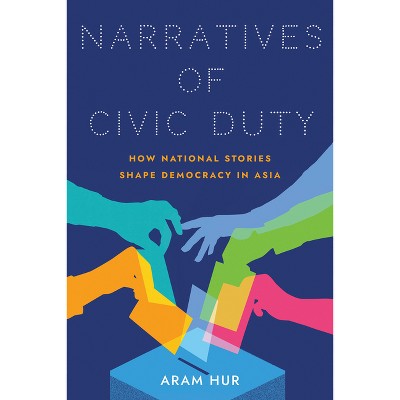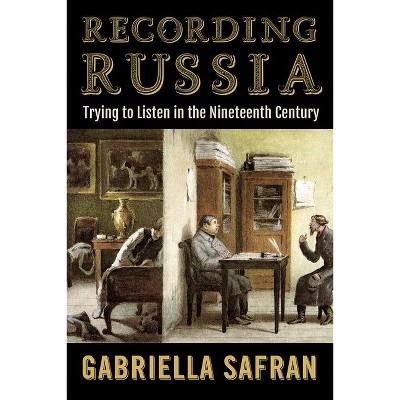About this item
Highlights
- Nabokov Noir places Vladimir Nabokov's early literary career--from the 1920s to the 1940s--in the context of his fascination with silent and early sound cinema and the chiaroscuro darkness and artificial brightness of the Weimar era, with its movie palaces, cultural Americanism, and surface culture.
- About the Author: Luke Parker is Visiting Assistant Professor of Russian at Amherst College.
- 288 Pages
- Literary Criticism,
Description
About the Book
"A study of Vladimir Nabokov's early literary career in exile (1924-1943) in Berlin, Paris, and the United States in relation to the cinema as a cultural phenomenon, arguing that this interaction, as literary poetics and practical strategy, comprises an art of exile."--Book Synopsis
Nabokov Noir places Vladimir Nabokov's early literary career--from the 1920s to the 1940s--in the context of his fascination with silent and early sound cinema and the chiaroscuro darkness and artificial brightness of the Weimar era, with its movie palaces, cultural Americanism, and surface culture. Luke Parker argues that Nabokov's engagement with the cinema and the dynamics of mass culture more broadly is an art of exile, understood both as literary poetics and practical strategy.
Obsessive and competitive, fascinated and disturbed, Nabokov's Russian-language fiction and essays, written in Berlin, present a compelling rethinking of modernist-era literature's relationship to an unabashedly mass cultural phenomenon. Parker examines how Nabokov's involvement with the cinema as actor, screenwriter, moviegoer, and, above all, chronicler of the cinematized culture of interwar Europe enabled him to flourish as a transnational writer. Nabokov, Parker shows, worked tirelessly to court publishers and film producers for maximum exposure for his fiction across languages, media, and markets. In revealing the story of Nabokov's cinema praxis--his strategic instrumentalization of the movie industry--Nabokov Noir reconstructs the deft response of a modern master to the artificial isolation and shrinking audiences of exile.
Review Quotes
Nabokov Noir provides an engaging and stimulating look at one of the most important writers of the 20th century. Parker argues that Vladimir Nabokov's connections to US and European film industries illuminates his experience in exile.
-- "Choice"Luke Parker masterfully blends literary criticism and history of film in his book on Vladimir Nabokov's wide-ranging engagement with cinema. Nabokov Noir is a significant contribution to the fields of Nabokov studies and émigré culture.
-- "Modern Language Review"Luke Parker's Nabokov Noir brings to this subject a depth of research nearly unparalleled in Nabokov studies. Parker's book is nonetheless a ground-breaking piece of research into Nabokov's early visual world and cultural self-fashioning.
-- "Slavic Review"Luke Parker presents a ground-breaking analysis of Nabokov's engagement with cinema culture in interwar Europe.
-- "SEER"Luke Parker's book is a rich offering that adds a great deal of texture to what we thought we knew about Nabokov's activities in the 1920s and 1930s. The book is part biography and part cultural history, looking closely at the world of Russian émigré life, mainly in Berlin during the decades in question.
-- "The Russian Review"About the Author
Luke Parker is Visiting Assistant Professor of Russian at Amherst College. Follow him on X at @Luke_P_Parker.
Shipping details
Return details
Trending Fiction







